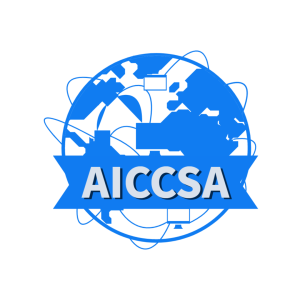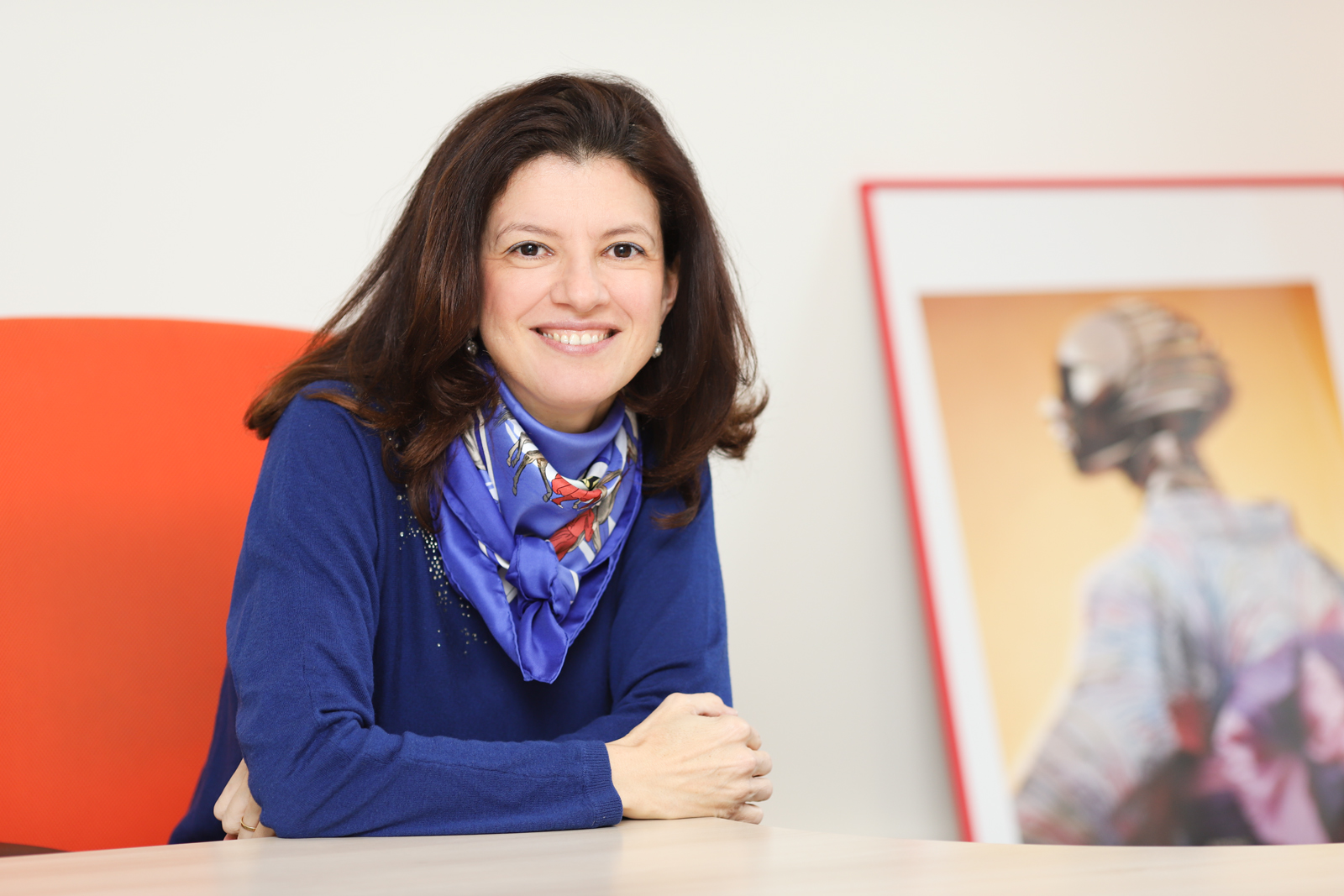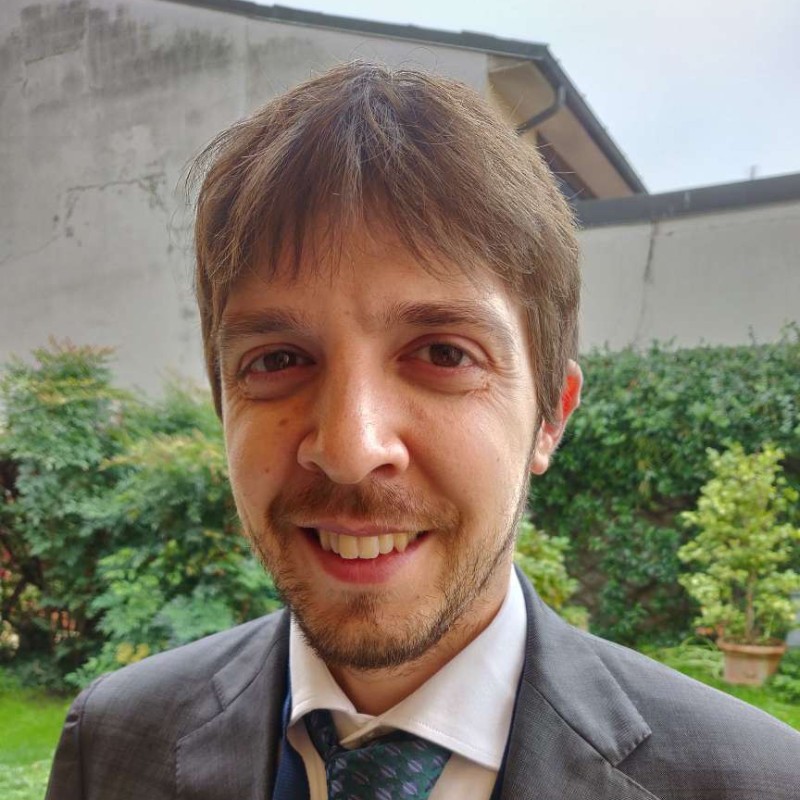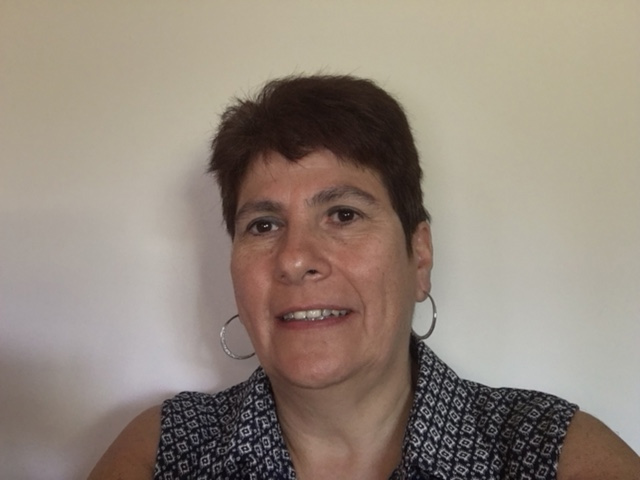Keynotes & Tutorials
Keynotes & Tutorials
Keynotes
Prof. Sihem Amer-Yahia, Univ. Grenoble Alpes, France
https://lig-membres.imag.fr/amery/
Bio: Sihem Amer-Yahia is a Silver Medal CNRS Research Director and Deputy Director of the Lab of Informatics of Grenoble. She works on exploratory data analysis and fairness in job marketplaces. Before joining CNRS, she was Principal Scientist at QCRI, Senior Scientist at Yahoo! Research and Member of Technical Staff at at&t Labs. Sihem is PC chair for SIGMOD 2023 and vice president of the VLDB Endowment. She currently leads the Diversity & Inclusion initiative for the database community.
Keynote Title: Rethinking Certification for Trustworthy Machine Learning-Based Applications
Prof. Claudio A. Ardagna, Università degli Studi di Milano, Italy.
ABSTRACT: The evolution of ICT is a rapid and inexorable process that changed the society landscape several times in the last decades. Different technologies have been presented and came to maturity, from distributed to mobile systems, from cloud computing to edge computing and Internet of Things (IoT), from big data to artificial intelligence and Machine Learning (ML). Modern systems are shaping our life and bringing new services to citizens. For instance, patients are treated and monitored at their homes with smart sensors, energy delivery is governed by smart grids, and smart transportations are changing mobility, to name but a few. In this context, ML has been increasingly used to implement advanced applications with non-deterministic behavior, which operate on the cloud-edge continuum. The pervasive adoption of ML is urgently calling for assurance solutions assessing ML-based applications non-functional properties (e.g., fairness, robustness, privacy) with the aim to improve their trustworthiness.
This invited talk focuses on the most recent developments of certification-based assurance and its role in the definition of trustworthy ML-Based distributed systems and applications. After introducing traditional multidimensional and continuous certification schemes for deterministic systems and applications, the talk focuses on the need of rethinking existing certification processes to the aim of increasing the trustworthiness of ML-based applications. The talk presents a novel certification scheme for ML-based applications with specific focus on the strengthening and verification of ML robustness. The talk finally presents an outlook on the next steps in ML certification.
BIO: Claudio Agostino Ardagna is Full Professor with the Università degli Studi di Milano, the Director of the CINI National Lab on Data Science, and co-founder of Moon Cloud srl. His research interests are in the areas of cloud-edge security and assurance, distributed system certification, machine learning, and data science, where he published more than 150 contributions in international journals, conference/workshop proceedings, and chapters in international books. He is the winner of the ERCIM (European Research Consortium for Informatics and Mathematics) WG STM 2009 Award for the Best Ph.D. Thesis on Security and Trust Management. He has been visiting professor at Université Jean Moulin Lyon 3 and visiting researcher at Beijing University of Posts and Telecommunications, Khalifa University, George Mason University. He is member of the Steering Committee of IEEE Transactions on Cloud Computing, member of the editorial board of the IEEE Transactions on Cloud Computing and IEEE Transactions on Services Computing, and secretary of the IEEE Technical Committee on Services Computing. He is General Chair for IEEE ICWS 2024.
Keynote Title: Securing Truth: Technology’s Role in Fighting Misinformation on Social Media

Dr. Yu Chen, State University of New York (SUNY), USA.
Bio: Dr. Yu Chen is a Professor of Electrical and Computer Engineering at the Binghamton University – State University of New York (SUNY). He received a Ph.D. in Electrical Engineering from the University of Southern California (USC) in 2006. Leading the Ubiquitous Smart & Sustainable Computing (US2C) Lab, his research interest focuses on Trust, Security, and Privacy in Computer Networks, including Edge-Fog-Cloud Computing, the Internet of Things (IoT), and their applications in smart and connected environments. Dr. Chen’s publications include over 200 papers in scholarly journals, conference proceedings, and books. His research has been funded by NSF, DoD, AFOSR, AFRL, New York State, and industrial partners. He has served as a reviewer for NSF panels, DoE Independent Review panel, and international journals, and on the Technical Program Committee (TPC) of prestigious conferences. He is a Senior Member of IEEE (Computer Society & Communication Society) and SPIE, and a member of ACM and SIGMA XI.
Keynote Title: Mobile Development Code Conversion: Achievements and Challenges
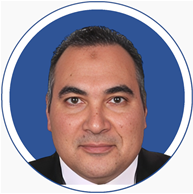
Prof. Ahmed Hassan Vice President for Academic Affairs (EUI) & IEEE Section Chair
Bio: Prof. Ahmed Hassan Yousef was appointed Vice President for academic affairs at Egypt University of Informatics in February 2023. He has been a Computer Engineering Full-time Professor since 2017. Prof. Ahmed was the Dean of the Information Technology and Computer Science school at Nile University from 2018 to 2023. He worked as a professor at the Department of Computers and Systems Engineering, Faculty of Engineering, Ain Shams University, Cairo, Egypt. He was the director of the Electronic and Knowledge Services Center during his service in the Supreme Council of Universities from 2014 – 2018. He joined the information and communication technology project (ICTP), Ministry of Higher Education, from 2008 to 2014 as the managing director after being the deputy director. He was the Founder and the Managing Director of TOP IT Company from 2000-2008, working with several Multinational projects. As an IEEE volunteer, he served as the secretary of the Egyptian section between 2012 and 2015, the vice chair from 2016-2019, and the chair between 2020-2023. He was the host section chair of the Region 8 meeting in Cairo in October 2022. On the regional level, he served as a member of the section vitality and development subcommittee 2022-2023, the ad-hoc committee of crisis management 2022, and the Africon conference steering committee 2023. He is the Africa area coordinator of the IEEE computer society.
Keynote Title: Advancing the Frontiers of Science using AWS

Speaker: Hesham Galal
Senior Solution Architect Manager, MENA
Company: Amazon Web Services (AWS)
Bio: With over 18 years of experience in information technology, Hesham Galal serves as the Head of Solutions Architect for AWS, responsible for Saudi, Bahrain, and Egypt. He holds a BSc in Computer Science, an MBA degree, and is currently pursuing a Doctoral Degree in Business Management. Hesham is 11x Certified on AWS. During his tenure at AWS, he has been focused on helping customers in the Middle East and North Africa to innovate and architect AI-infused applications and systems using AWS technologies.
Overview: Research is an innovation practice – with researchers needing access to tools that enable rapid experimentation. Amazon Web Services (AWS) works with higher education institutions, research labs, and researchers around the world to offer cost-effective, scalable, and secure compute, storage, and database capabilities to accelerate time to science. With AWS, researchers can quickly analyze massive data pipelines, store petabytes of data, and advance research using transformative technologies like artificial intelligence (AI), machine learning (ML), and quantum – all while securely sharing their results with collaborators around the world. AWS also provides researchers with access to open datasets, funding, and training to accelerate the pace of innovation. During this keynote, researchers will know more about AWS in research and how AWS is supporting researches across the globe.
Tutorials
Prof. Nada Matta, University of Technology of Troyes, France
https://recherche.utt.fr/research-directory/nada-matta
Tutorial Abstract: The subject of this tutorial links Natural Language Processing, Interaction and linguistics analysis and knowledge representation. Researchers and PhD students that want to discover social media, e-mails and document analysis and cognitive sharing are interesting on this area. In fact, AI research use generally NLP and TextMining and statistics, or Knowledge engineering and semantic representation. But they are aware, Interactions analysis that uses Prama-linguistics techniques belong to social and human science. In this tutorial, we present new techniques based on linguistics and pragma-linguistic that help to identify not only semantic relations but also actors’ intentions. We show also how to combine these techniques with knowledge engineering in order to restitute the meaning of interactions. Examples on analyzing websites, e-mails and discussion forums will be presented. Finally, Tutorial attendees will apply some of this analysis techniques in given exercises
Bio: Nada Matta, Full Professor at the University of Technology of Troyes. I study techniques in knowledge engineering and management and specially to handle cooperative activities as product design, crisis management, etc. I am involved in the organization of several workshops and Tutorials on IJCAI, KMIS, ISCRAM, ECAI, COOP, CTS conferences. I wrote different papers on KM in companies and learning.
Abstract:
The three-hour tutorial discusses the essential provenance-based data curation tools and techniques for the earth and biodiversity sciences. We will introduce the fundamental concepts, problems addressed, existing solutions, and open issues about provenance and data curation techniques. The tutorial will discuss through representative use cases about earth and biodiversity sciences how provenance and curation can improve the quality of results.
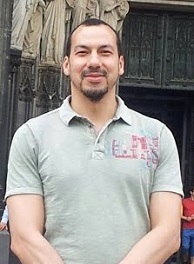
Khalid Belhajjame is an associate professor with habilitation to direct research at the University Paris-Dauphine, where he is a member of the LAMSADE research laboratory. Before moving to Paris, he was a research fellow for several years at the University of Manchester, and before that, a PhD student at the University of Grenoble. His research focuses on information and knowledge management. In particular, he has made significant contributions in the areas of data preparation, data privacy and protection, eScience, scientific workflow2 management, provenance tracking and exploitation, and knowledge graphs. He has published over 70 papers on the above topics. Most of his research proposals have been validated by real-world applications in the life sciences. He has participated in numerous European, French and UK funded projects,- and has been an active member of the W3C Provenance working group, the NSF-funded DataONE Working Group on Science Workflows and Provenance. Since 2018, he is a member of the steering committee of the GDR MaDICS , a national research network for interdisciplinary data science research, and since January 2022, co-leader of the Database Working Group for Remote Sensing Data in the Earth Science Informatics (IEEE GRSS).
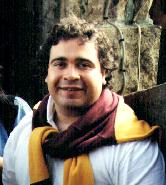
Martin A. Musicante is a professor at Universidade Federal do Rio Grande do Norte-UFRN (Natal, Brazil). He is part of the graduate program in Computer Science at UFRN. Martin was an associate researcher at LI – Universit´e Fran¸cois Rabelais Tours (level 3), (2002-2013) and at LIFO – Universite d’Orl´eans, France, since 2008. Martin A. Musicante’s main current research topics are Graph Query Languages theory and Web Services.

Genoveva Vargas-Solar is a Principal Scientist (CRHC) of the CNRS at the Database Group at the LIRIS lab. She is the principal investigator (PI) leading the project. She has more than 12 years of experience leading scientific international cooperation between France and countries in different regions, including Latin America, Asia and Europe. This experience includes point-topoint scientific and coordination projects but also more consolidated scientific coordination actions through CNRS International Research Units (UMI – IRL). She has established long and successful cooperation with UFRN, UFPR and UdelaR through projects funded by Microsoft, the CNRS STICAMSUD and IEA programs and CAPES. She has also collaborated for several years with the LIFO, co-leading national actions on data science queries for processing and extracting knowledge from textual content using graphs. From a scientific point of view, she works on data management problems like data curation and data processing at scale on different platforms. She has experience working in large-scale data processing for addressing multidisciplinary projects, notably through strong cooperation with the Barcelona Supercomputing Centre.
